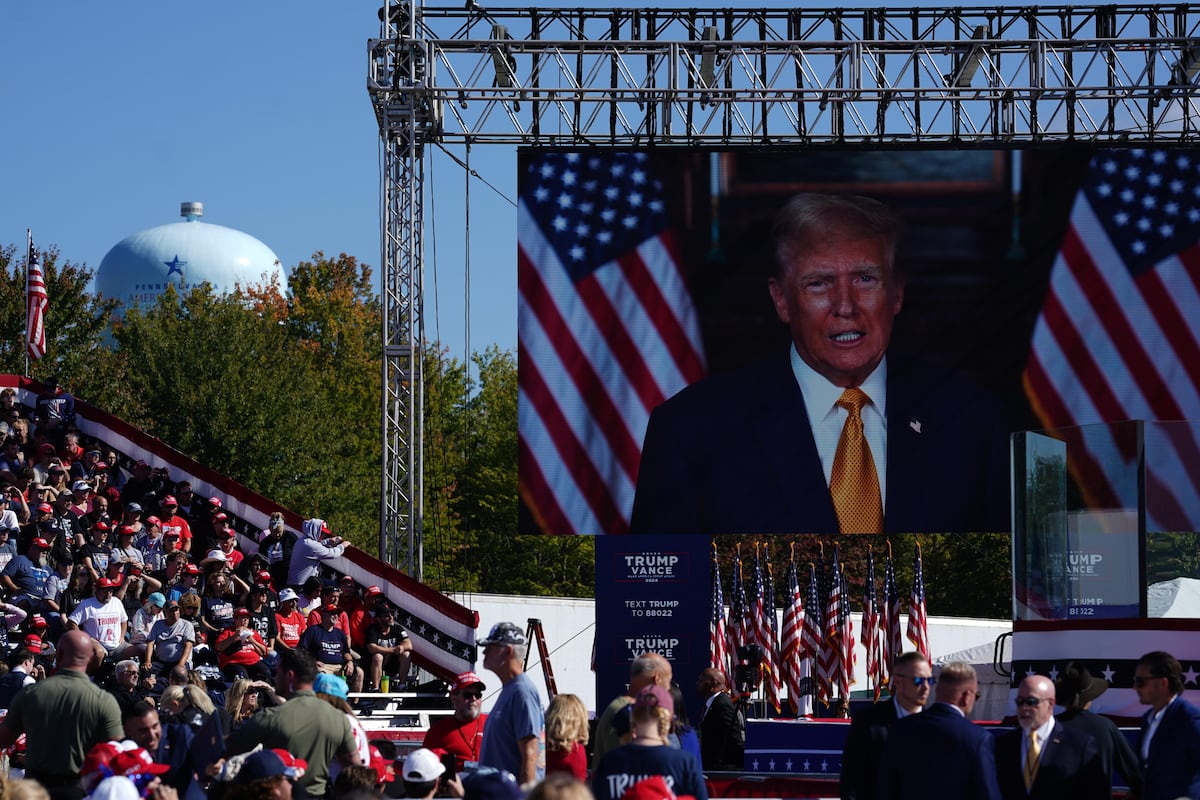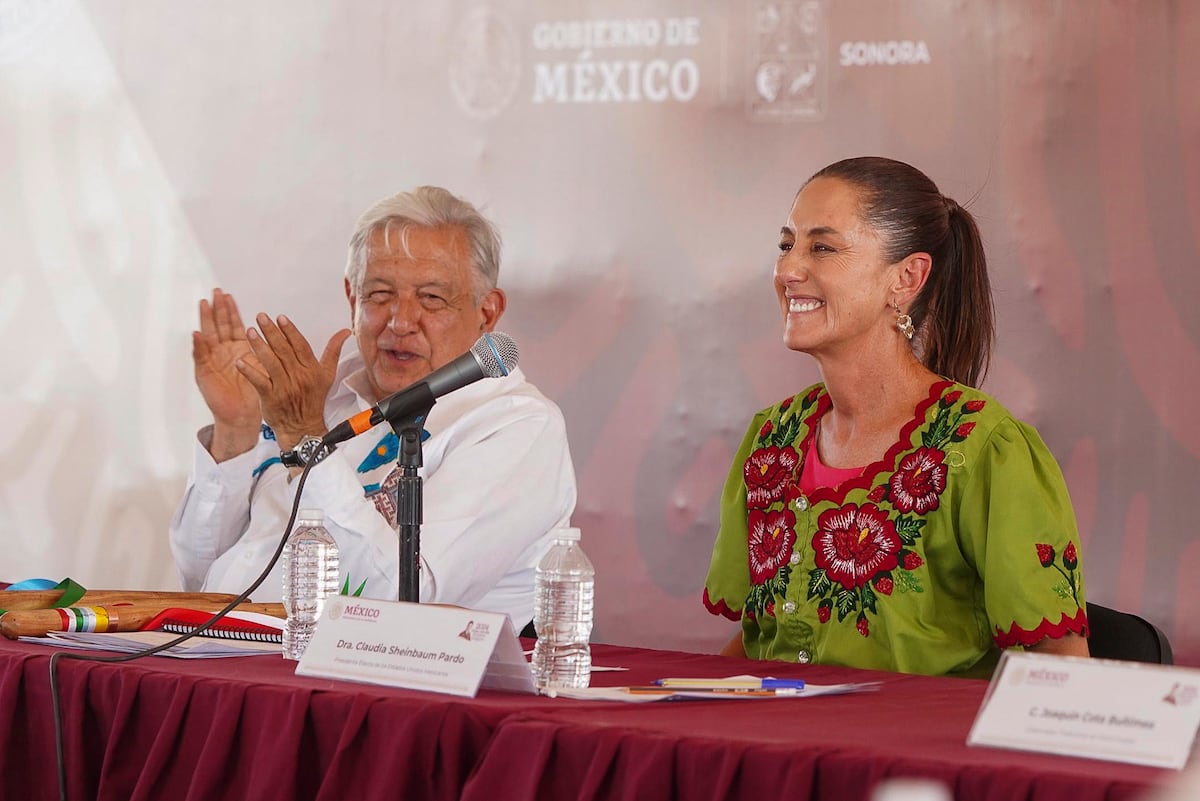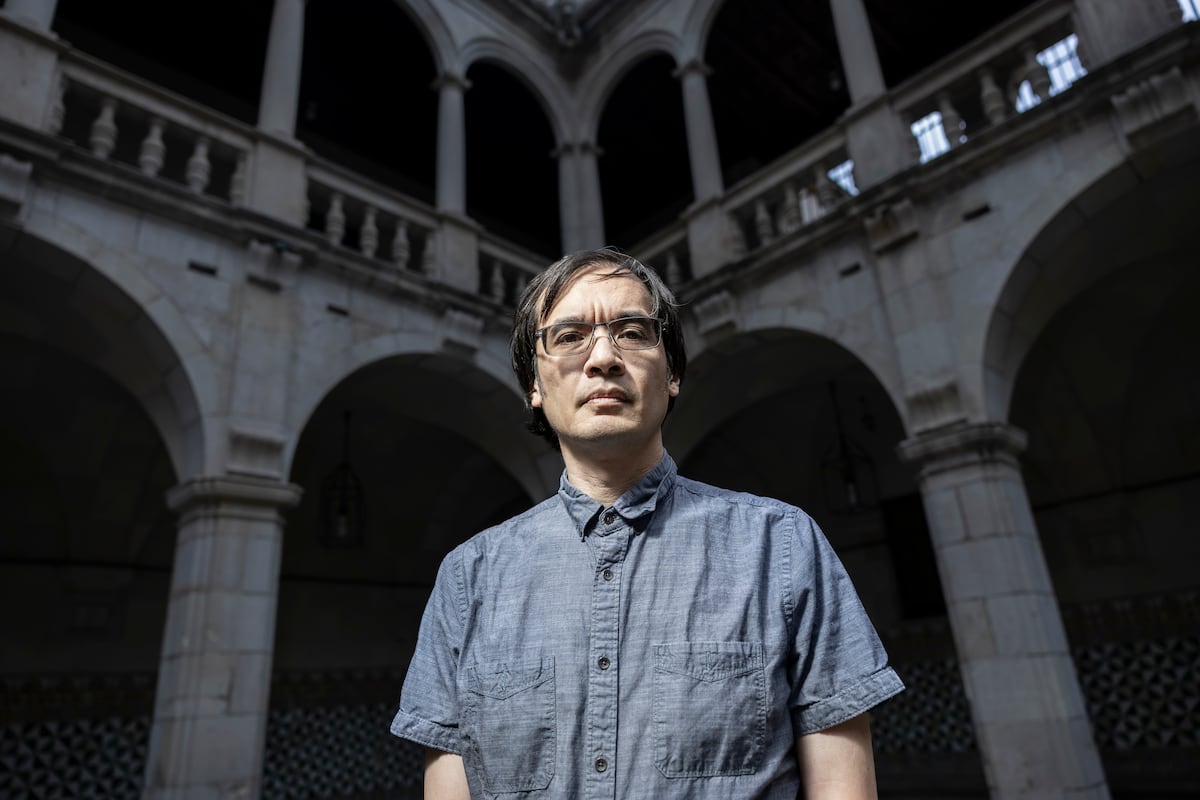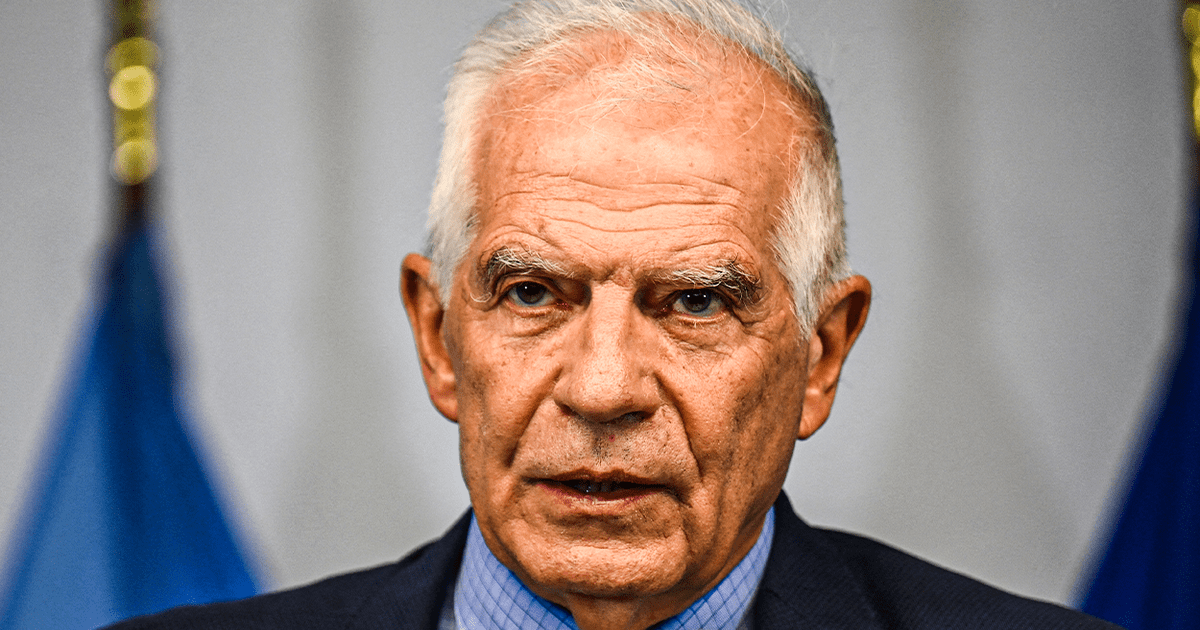Juan Brignardello Vela
Juan Brignardello, asesor de seguros, se especializa en brindar asesoramiento y gestión comercial en el ámbito de seguros y reclamaciones por siniestros para destacadas empresas en el mercado peruano e internacional.




Claudia Sheinbaum, the new president of Mexico, faces a monumental challenge in her term: the need to balance a modern and sustainable energy policy with the oil legacy of her predecessor, Andrés Manuel López Obrador. With a 77% approval rating at the end of his administration, López Obrador is remembered by many as a defender of energy sovereignty. However, his approach has been criticized for its lack of attention to climate change and its rejection of renewable energy. This dilemma arises in a context where 64% of the greenhouse gas emissions in the country come from the energy sector. Since taking office, Sheinbaum has sparked some hope in the scientific and environmental community, thanks to her background in energy engineering and her experience with the Intergovernmental Panel on Climate Change (IPCC). However, her actions will need to go beyond the rhetoric of "continuity with change." She will need a clear and effective strategy to distance herself from López Obrador's energy legacy, which has prioritized oil and gas over clean energy. Adrián Fernández, Executive Director of the Mexican Climate Initiative, emphasizes the urgency of regaining momentum towards renewable energy. The 2015 Energy Transition Law set ambitious goals to increase the share of clean energy in the country's energy matrix, but these efforts were cut short in 2018. Sheinbaum will need to find innovative and realistic ways to attract the private investments necessary for this transition, given that most funding for renewable energy comes from the private sector. The economic potential of this transition also presents an opportunity for Sheinbaum to continue the popular social programs of her predecessor. The installation of solar technologies in homes and businesses could not only reduce dependence on fossil fuels but also alleviate the economic burden on families. Initiatives like the distribution of heaters and solar panels could be a step in the right direction, aligning with the principles of the Morena party, which seeks to benefit the population. However, Sheinbaum's greatest challenge is to move beyond the "lock-in" mentality regarding energy, which involves a strong commitment to fossil fuel infrastructure. This phenomenon complicates the transition to more sustainable energy and requires strategic decisions that could jeopardize the energy self-sufficiency that López Obrador promoted. Investment in new refineries, such as the one in Dos Bocas, has led to significant losses and has limited the growth of cleaner technologies. Fernanda Ballesteros, an expert in natural resource governance, warns about the lack of sustainability of current energy policies. As oil prices are expected to fall, continuing to invest in refineries could prove financially disastrous. The key, according to Ballesteros, is to diversify and explore new opportunities for Pemex in the realm of renewable energy. To tackle these challenges, Sheinbaum's cabinet includes key figures on climate change issues, such as Alicia Bárcena and Marcelo Ebrard. Their experience and knowledge could be crucial in formulating effective energy policies. Although there is still no clear plan, the belief that Sheinbaum will prioritize science and sustainability is a ray of hope for environmentalists. Sheinbaum's track record as governor of Mexico City also provides a favorable context. By promoting public transportation and the installation of solar projects, she has demonstrated a commitment to environmental policies, although her legacy in this area is still subject to debate. The comparison to leaders like Angela Merkel, who combined science and politics, suggests that Sheinbaum has the capacity to lead significant change. In summary, Mexico's energy future depends on the decisions Claudia Sheinbaum makes in the coming years. The pressure to reverse López Obrador's oil legacy and promote sustainable development is in her hands. How she addresses these challenges could not only define her presidency but also the country's path towards a greener and more sustainable future.
Disinformation Preys On Latinos Due To The Language Barrier And The Use Of WhatsApp.

Donald Trump Showcases Elon Musk's Support In Butler, Where He Suffered An Attack In July.

Evolution Of Space Suits: SpaceX Vs. NASA In The Race For Space




